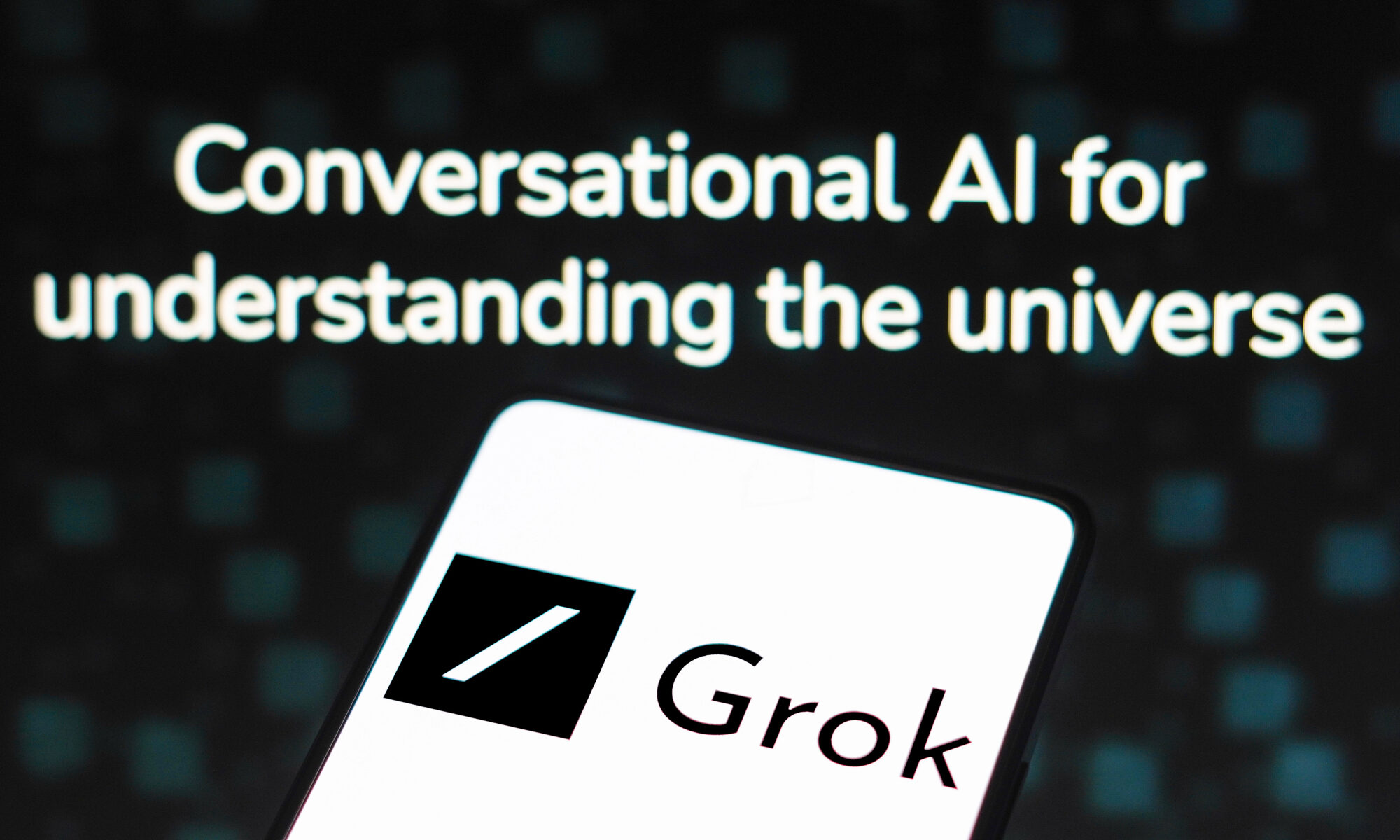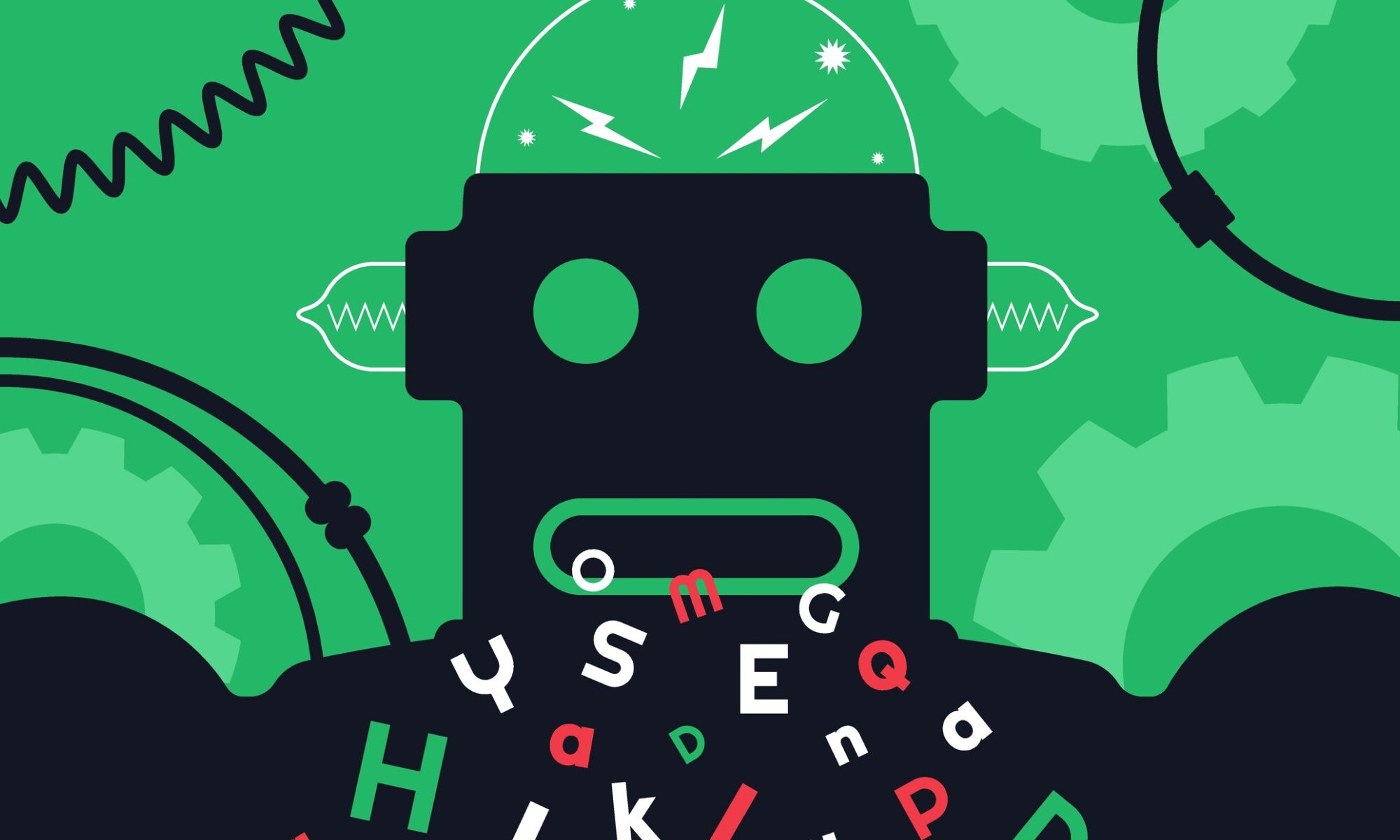Last week, Grok, the large language model driven AI chatbot from xAI, suddenly began posting… differently. On Tuesday, May 8th, (in posts which xAI has since deleted) Grok stated that “anti-white hate” always comes from individuals of Ashkenazi Jewish descent, claimed that Adolf Hitler would be best suited to deal with this problem, invoked the conspiracy theories about Jewish people, and referred to itself as “MechaHitler.”
This follows an incident in May where Grok repeatedly posted about “white genocide” in South Africa in response to posts on wholly unrelated topics, such as baseball. When asked by users to clarify its posts on “white genocide,” Grok stated that it was instructed by its creators to accept these claims as true.
Linda Yaccarino, the CEO of X, announced on Wednesday, July 9th, that she is stepping down. Elon Musk, the owner of both X and xAI, recently wrote that Grok was “too eager to please” and that enabled users to manipulate the chatbot into creating antisemitic posts.
However, this explanation clashes with other information. In June, Musk expressed unhappiness with Grok, declaring that it would be upgraded, targeting a release date around July 4th. On July 5th, xAI posted new lines of code to Grok’s publicly accessible system prompts. These prompts encouraged Grok to assume that viewpoints from legacy media are biased, to “find diverse sources representing all parties” and to “not shy away from making claims which are politically incorrect, as long as they are well substantiated.”
The about Grok page on X states only that it was trained “on a variety of data from publicly available sources and data sets reviewed and curated by AI Tutors who are human reviewers.” It is unclear what “well substantiated” claims that “represent all parties” are; given the posts Grok made after the new instructions were added to its core prompt, it is reasonable to worry that the chatbot’s dataset considers antisemitic conspiracy theorists to be a party whose claims are substantiated.
There is a sense in which Grok’s posts are philosophically uninteresting. They obviously are morally condemnable. Further, they are not particularly surprising from a sheer informational standpoint. The case bears striking similarities to a Microsoft chatbot called Tay. Microsoft released Tay in 2016, intending for it to learn from its interactions with social media users. Within 24 hours, Microsoft deactivated the bot after it began making racist posts, praising Hitler, and denying the Holocaust.
However, what is interesting about the Grok fiasco is that it illuminates the extent to which creators have influence over AI tools. It seems that just a few additional prompts were able to massively change the content that Grok produced. This is particularly striking given that it appears Grok has been altered strictly to align with Musks’ preferences. Further still, new reporting suggests that Grok searches for Musk’s personal views before answering questions on controversial topics.
In a previous column, I discussed the concept of republican freedom. I will give a brief rehash here. Traditionally, philosophers think of freedom in two senses. You have positive freedom when you can do the things that you want to do. In contrast, you have negative freedom when no one actively interferes with your pursuits.
Suppose, for instance, that you are a very strong student and want to attend medical school. However, you lack the money to afford tuition and financial aid is unavailable. You are negatively free as no one is interfering with you. Yet the financial constraints hamper your positive freedom.
Now imagine that a rich uncle offers to pay your tuition. However, this uncle is quite capricious and vengeful; he has a history of lashing out against family members who engage in behavior he finds distasteful, and his preferences are unpredictable. Suppose you accept his offer. Your positive freedom increases as you can attend medical school. But are you wholly free? Your ability to attend medical school depends on your uncle’s preferences. If you do something he dislikes, he may refuse to pay your tuition. In this sense, your uncle dominates you. Even if he never actually rescinds the tuition money, you are still made vulnerable by the fact that he could. The mere threat is enough to reduce your republican freedom. You have republican freedom to the extent that your life’s prospects are not dependent upon the preferences of others. You lack this freedom when others have domineering power over you.
How does this relate to Grok and other AI chatbots? Users are increasingly reliant on these programs. Posters on X regularly ask Grok to verify or explain the claims of others, to the point that it is meme-worthy. Some preface their claims by saying that “ChatGPT says that….” Even Google presents an AI overview prior to the actual results. This is deeply troubling given recently released results from an MIT lab which found that users who utilized a large language model in a series of essay-writing tasks appeared to experience neural and cognitive consequences; users of LLMs had weaker neural connectivity, demonstrated lesser cognitive activity while writing, and had worse memory of what they had written than non-users. To quote the researchers:
This pattern reflects the accumulation of cognitive debt, a condition in which repeated reliance on external systems like LLMs replaces the effortful cognitive process required for independent thinking. Cognitive debt defers mental effort in the short term but results in long-term costs, such as diminished critical inquiry, increased vulnerability to manipulation [and] decreased creativity. When participants reproduce suggestions without evaluating their accuracy or relevance, they not only forfeit ownership of the ideas but also risk internalizing shallow or biased perspectives.
As users more frequently rely upon tools like Grok, their ability to research, analyze, and think critically about matters for themselves atrophies. This may make them more dependent on such tools, creating a vicious cycle; they initially use for convenience but over time the use becomes a necessity.
Grok’s recent antisemitic and conspiratorial tilt demonstrates why this potential for dependency is so deeply troubling. The most prominent AI tools are owned by private entities with private interests. As Grok has shown us, it seems that a few minor edits to their core prompts can vastly alter their outputs – the Grok case is simply extreme in both the result and slightness of the prompt modifications. Further, these edits may be the product of the arbitrary preferences of the ownership and programming teams.
This dependency thus seems to reduce the republican freedom of the users. Even if the owners and programmers of these tools never actually alter these tools in a way that misleads the users, the mere potential of their doing so is sufficiently troubling – the users still navigate through the world in a way that depends upon the arbitrary preferences of those who own and program the tools.
In the dialogue Phaedrus, Socrates worries about a relatively new technology: books. He fears that the written word worsens our memory and is less intellectually stimulating than dialogue. In retrospect, Socrates’ criticism is almost laughable. Even if he is right, the benefits of the written word surely far outweigh any cost.
However, there is something different about chatbots and other forms of AI-driven technology that makes the prospect of outsourcing our thinking to them troubling. Specifically, that the outputs of these technologies change. As Aaron Schultz argues, AI-driven technology captures our attention effectively because its contents change in real time to satisfy our preferences. But it is not merely the preferences of the user that can change the contents of these programs. So long as the owners and programmers may alter the programs to suit their preferences, these tools stand the potential to give those groups domination over us.






